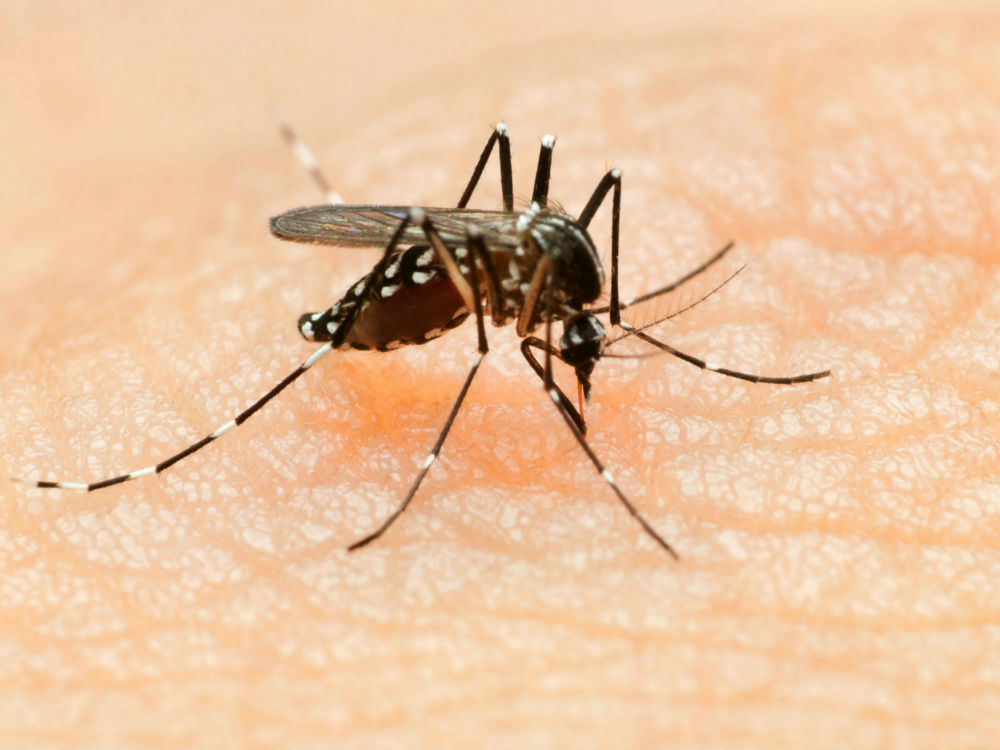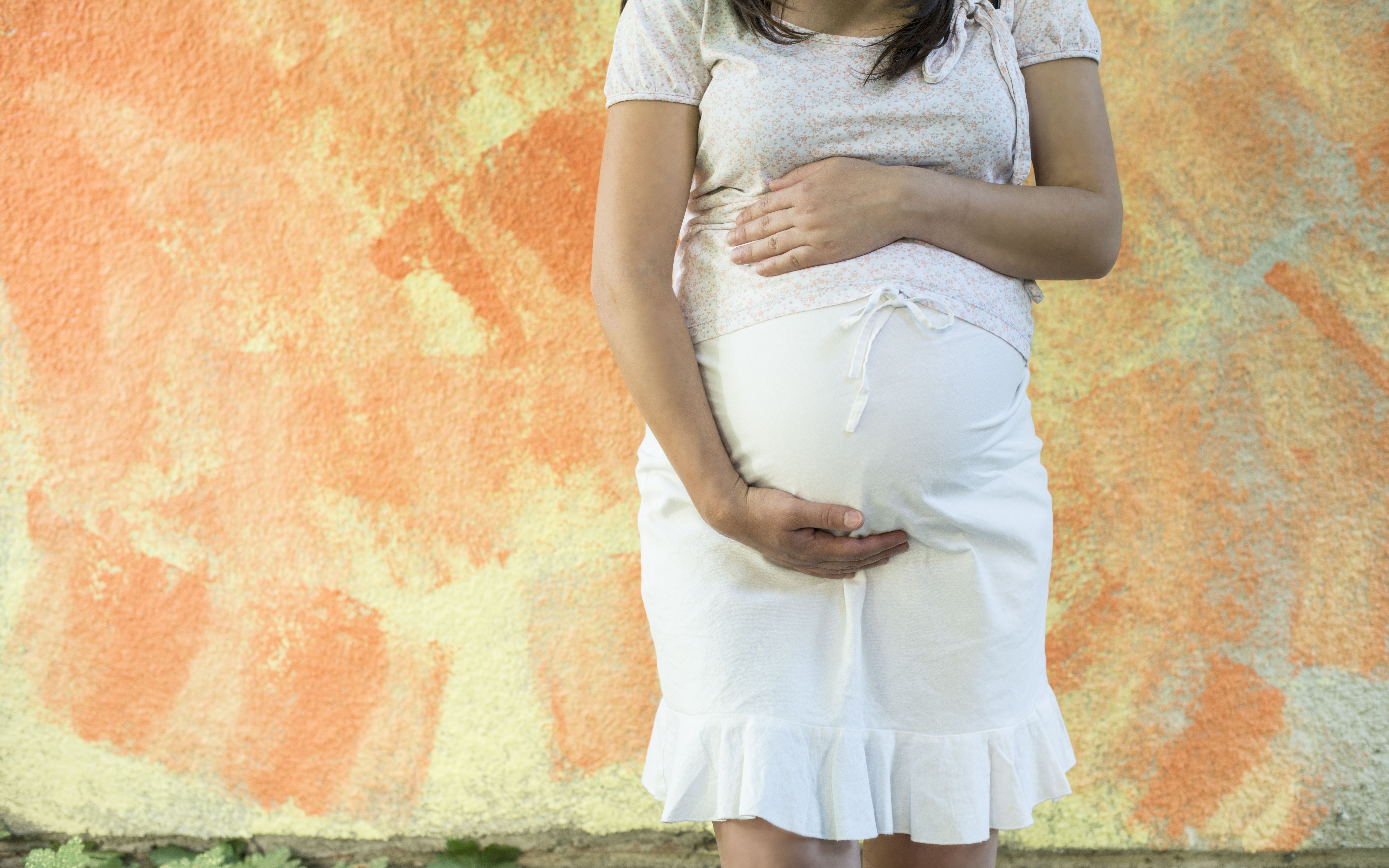Zika virus: everything you need to know
From travel advice to pregnancy risks, with the help of an expert in tropical medicine and infectious diseases, we've gathered all the information you need on the Zika virus

From travel advice to pregnancy risks, with the help of an expert in tropical medicine and infectious diseases, we've gathered all the information you need on the Zika virus
The Zika Virus - linked to neurological birth defects – was declared 'a pandemic in progress' earlier this year after it spread to over 25 different countries in the Americas, with health experts warning it will most likely hit Europe this summer.
So what do you need to know? To separate myths from facts, we spoke to Professor David Moore, Consultant in Tropical Medicine and Infectious Diseases at the Hospital of Topical Diseases at UCLH (adviser to Dr Morton’s medical helpline), about the big questions surrounding the pandemic.
What is the Zika Virus?
The Zika Virus is an infection in the same family as yellow fever, chikungunya and dengue. The virus is transmitted by a specific type of aggressive mosquito – the Aedes mosquito – when it bites a person with an active infection and spreads the virus by biting others.
What are the symptoms of the Zika virus?
'It can cause a low grade fever, rash, itching and conjunctivitis' says Professor Moore, 'people get better in a few days and it may well be more common for people to have Zika without any symptoms.'
Celebrity news, beauty, fashion advice, and fascinating features, delivered straight to your inbox!
Why is it a worry for pregnant women?
The disease has been linked to microcephaly, a rare neurological condition in which an infant’s head is abnormally small at birth. Other symptoms of microcephaly can also include developmental issues, difficulties with control and balance and seizures. In some countries where the disease has broken out, such as El Salvador, women have been advised against getting pregnant for two years.

Should you cancel travel plans if you're pregnant?
'The Centre for Disease Control in the USA is advising pregnant women not to travel to areas where there is known ongoing infection unless it is really necessary, and I think that for the time being, this is sensible' says Prof Moore, 'if you have to travel to those areas and you are pregnant, planning to get pregnant or not using contraception at the moment, I strongly advise you to use as many anti-mosquito measures as you can, like effective insect repellents and insecticide-impregnated clothing.'
Would the virus affect future pregnancies if you catch it?
'No, future pregnancies would not be affected' says Prof Moore, 'the risk to the baby is at the time of first infection, when the virus is circulating in the blood, which may only last for a week.'
Is there a cure?
There is currently no treatment or vaccination for the virus. However US-based company Inovio Pharmaceuticals has received approval for human testing of a Zika vaccine to go ahead over the next few weeks.
Are there any rumours going around about the disease which are not true?
'There is a lot of wild speculation about sexual transmission' says Prof Moore, 'but we just don’t have strong evidence at the present to say this is true. The virus has been found in semen only once ever, and the presence of the virus in semen certainly doesn’t mean that it can be passed to a sexual partner. This is a virus that has specifically adapted to infecting the bloodstream directly by a mosquito bite. Even if it is found in semen frequently, it seems highly unlikely that this is a major route of transmission.'
Will it come to the UK?
'Currently this is not expected' adds Prof Moore.
Professor David Moore is a Consultant in Tropical Medicine and Infectious Diseases at the Hospital for Tropical Diseases, UCLH, adviser to Dr Morton’s – the medical helpline © www.drmortons.co.uk
Zika virus updates
18th May: Experts warn the Zika virus will almost certainly reach Europe this summer. Countries at the highest risk include France, Italy, Spain and Greece.
20th May: Two hundred cases of the Zika virus are confirmed in Cape Verde off the coast of Africa, the first African outbreak since the disease spread in South America.
20th May: 157 pregnant women in the USA test positive for Zika.
30th May: Scientists, tropical disease experts and doctors write an open letter to the World Health Organisation calling for the Rio Olympics to be cancelled, saying the influx of 500 000 tourists poses an 'unimaginable risk.' Charles Watson, a professor of health at Curtin University tells ABC news that'a single person actually caused the epidemic that's happening [in Brazil] now. Putting 500,000 people in there and then giving them a chance to get infected, sending them all home to their other countries is just an unimaginably risky thing to tolerate.'
30th May: British tennis star Andy Murray said he would be 'seeking advice' from doctors before competing at the Rio Olympics. 'I plan on playing for sure but don't know the exact situation there now' he said.
7th June: The partner of British long jumper Greg Rutherford reveals that Rutherford has frozen some of his sperm ahead of the Rio Olympics in an article written for Standard Issue magazine.
20th June: Inovio Pharmaceuticals announce their vaccine for the virus has received FDA approval for clinical trials. They plan to enlist 40 healthy volunteers to test the drug's safety and dosage, as well as monitoring the body's immune response.
1st August: Public Health England (PHE) have warned British tourists heading to Flordia to avoid unprotected sex on their holiday and in the weeks after, due to the risk of contracting the Zika virus.
The leading destination for fashion, beauty, shopping and finger-on-the-pulse views on the latest issues. Marie Claire's travel content helps you delight in discovering new destinations around the globe, offering a unique – and sometimes unchartered – travel experience. From new hotel openings to the destinations tipped to take over our travel calendars, this iconic name has it covered.